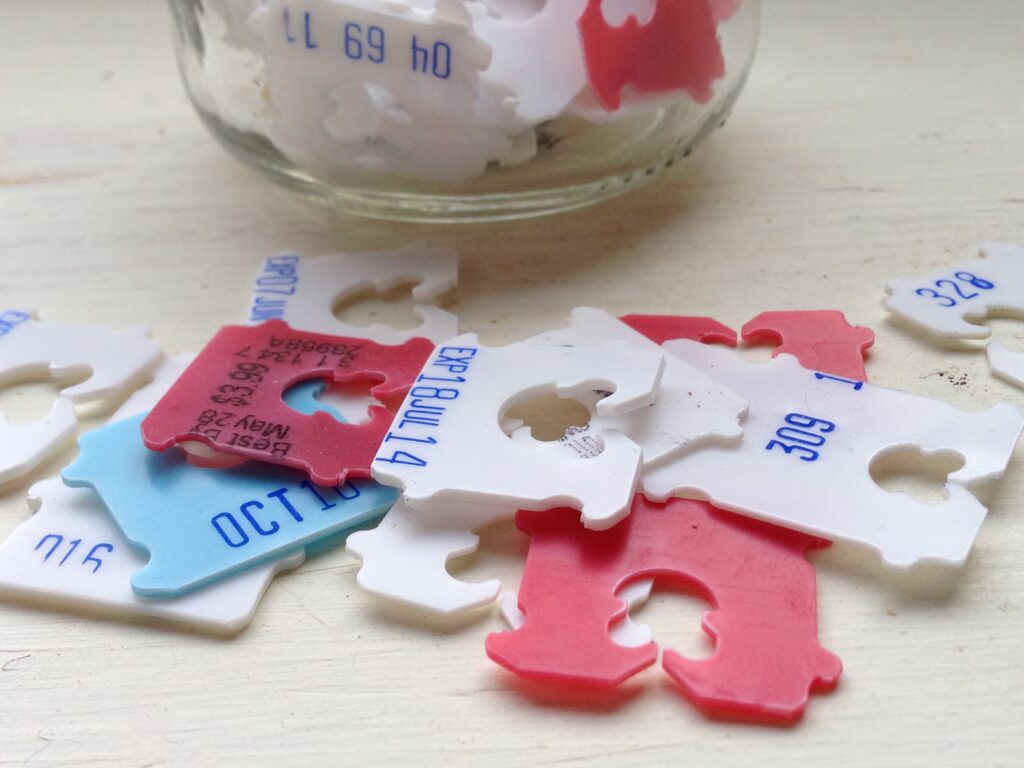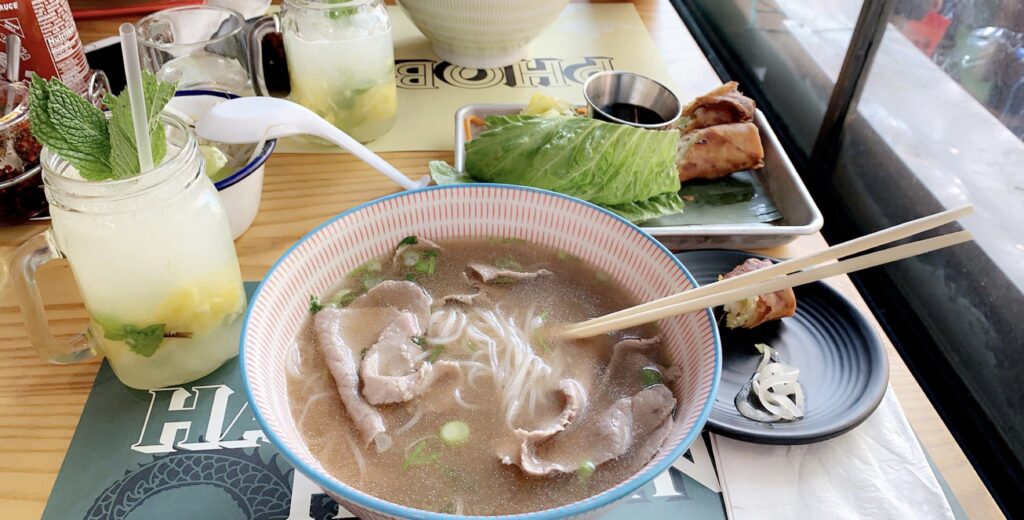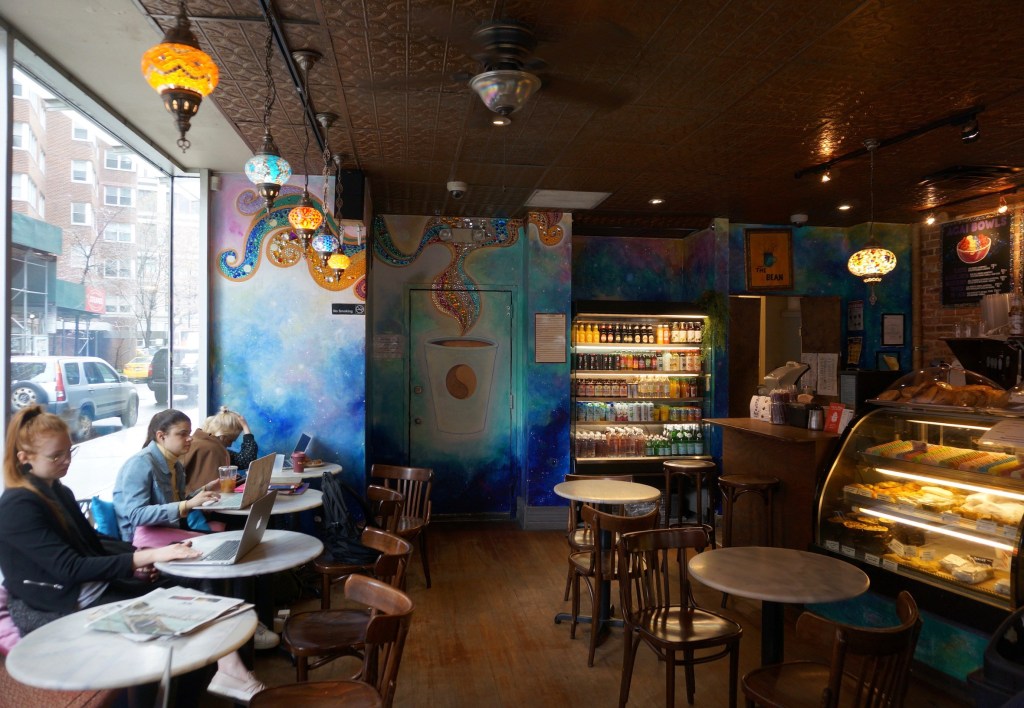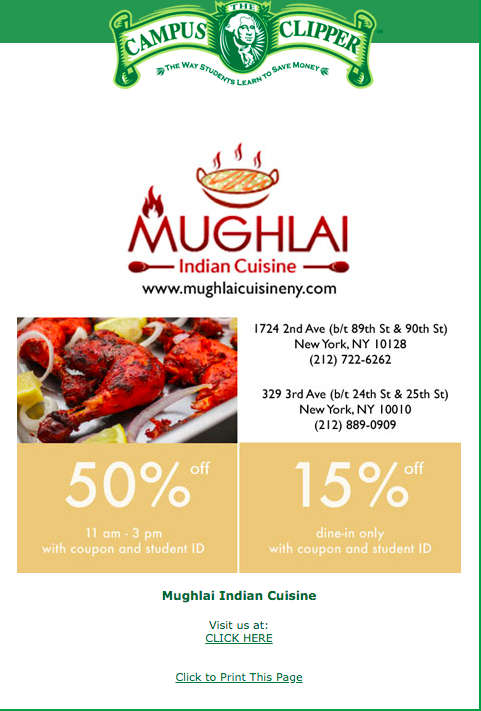The idea for this chapter came to mind as I was talking to one of my good college friends, who happens to be two years older than me, about her experience with friendship “expiration dates.” That was the very first time I had heard anyone describe the all-too-familiar way in which we inadvertently place people and potential friends into very defined and limited categories, steering away from what we see as “expired” (or soon to be expired) relationships. I thought back to all the people I’d met in the last few weeks of middle or high school whom I’d given up on before even getting to know, all because it was simply “too late” (spoiler alert: it really wasn’t). I remembered how I’d labeled people as too cool, too old or too young, or, quite simply, too different to approach.
My friend, whom we’ll call Abby, had come into her freshman year of college with a very similar attitude; that is, until she realized there were only a few weeks left in her first year, and she hadn’t figured out her place in college yet. When she turned to her fellow first-years, they seemed to be in a very similar boat, which is when she realized she needed to change course, and quickly. With graduation looming not so far ahead, these wise, older students would soon fall in the “expired” category. Abby decided that she’d meet each senior student once, if only just to touch base and extract whatever they had to say about their own college experience, and then leave her coffee appointments smarter, wiser and all the better for it. This impromptu, speed-friend-dating escapade of hers, however, would bear very different fruits than she could’ve possibly imagined. It was during what was meant to be nothing more than a one-hour coffee break, Abby told me, that she’d met one of the girls whom she now considered one of her best friends. To this day, they take the time to speak (or text or call) almost every week, keeping themselves in the other’s life via simple but frequent updates. Although the nature of their friendship has made it so that they’re rarely in the same place at the same time, Abby and her friend have learned how to make space for their friendship in their respective lives. And if that isn’t a sign of true friendship, I don’t know what is.

As Abby shared this with me, I felt like my mind was going a thousand miles a minute. Over the course of my own freshman year, I had experienced first-hand what it felt like to get caught-up in a bunch of “surface” friendships, to be constantly surrounded by people and still feel stranded on my own personal island of loneliness. It was by talking to Abby, however, and after realizing that I had been able to make genuine and long-lasting connections near the end of the year, that I began to see how that feeling had been partially my own fault. From the very beginning, I had come into college with the idea that my first-year friends were something temporary, people that would only last for a certain phase of my life, relationships that I had to form because I hated being alone, and as a result of that, I hadn’t truly given each friend a chance. Because of my fears (of being left behind, of failing to assimilate), I had been in a sort of friendship paralysis, where I focused on making “realistic” friends, and placed people into attainable vs. unattainable categories. In short, I forgot about the fact that behind each friend, there’s a very real and unique human being, who has very real and unique things to bring to my life, even if it’s not always in a way that I’m familiar or already comfortable with. And that’s what made me realize that it’s kind of ridiculous to put an expiration date on people, because no amount of distance, time differences, or personal differences can spoil the type of connection that forms between two people who are dedicated to letting friendship bloom between them.
Main Takeaways (If this chapter evoked something in you that says “Oh yeah, I do that,” or if you’re currently experiencing that weird “not-alone but lonely” stage of life (we’ve all been there), I’d encourage you to do one of two things):
- Reach out to that person you’ve been hesitant to hang out with, whether it’s because you think you’re too different, or you don’t see the chance of a long-lasting friendship; you never actually know what can happen unless you try, and worst-case scenario they say no (and you’re right back where you started).
- Take steps to deepen one of your current relationships by being more intentional with each other; set the standard for a deeper friendship, whether it’s by being more open in communication or changing the usual setting of your relationship.

Chiara Jurczak is a second-year student at Northeastern University where she is majoring in Political Science and Communication Studies. She is currently finding new ways to explore her passions for creative writing, publishing and political crises, and hoping to figure it all out sooner rather than later. In her free time, you can find her reading, baking, or trying to talk her friends into going on fun (and at times strange) adventures.
For over 20 years, the Campus Clipper has been offering awesome student discounts in NYC, from the East Side to Greenwich Village. Along with inspiration, the company offers students a special coupon booklet and the Official Student Guide, which encourages them to discover new places in the city and save money on food, clothing, and services. At the Campus Clipper, not only do we help our interns learn new skills, make money, and create wonderful e-books, we give them a platform to teach others. Check our website for more student savings and watch our YouTube video showing off some of New York City’s finest students during the Welcome Week of 2015.














